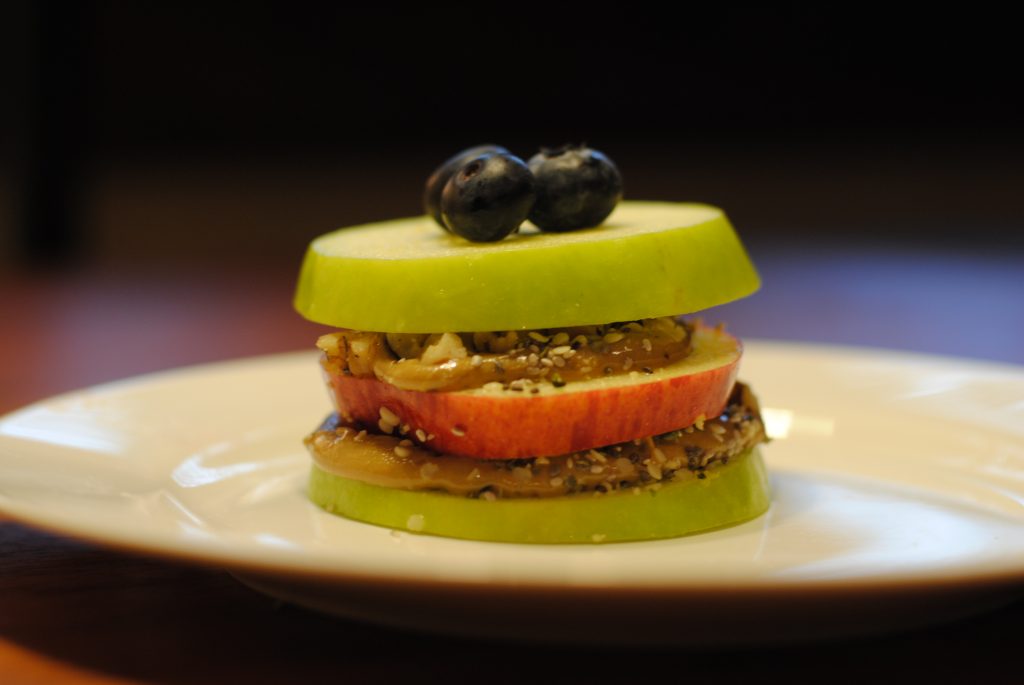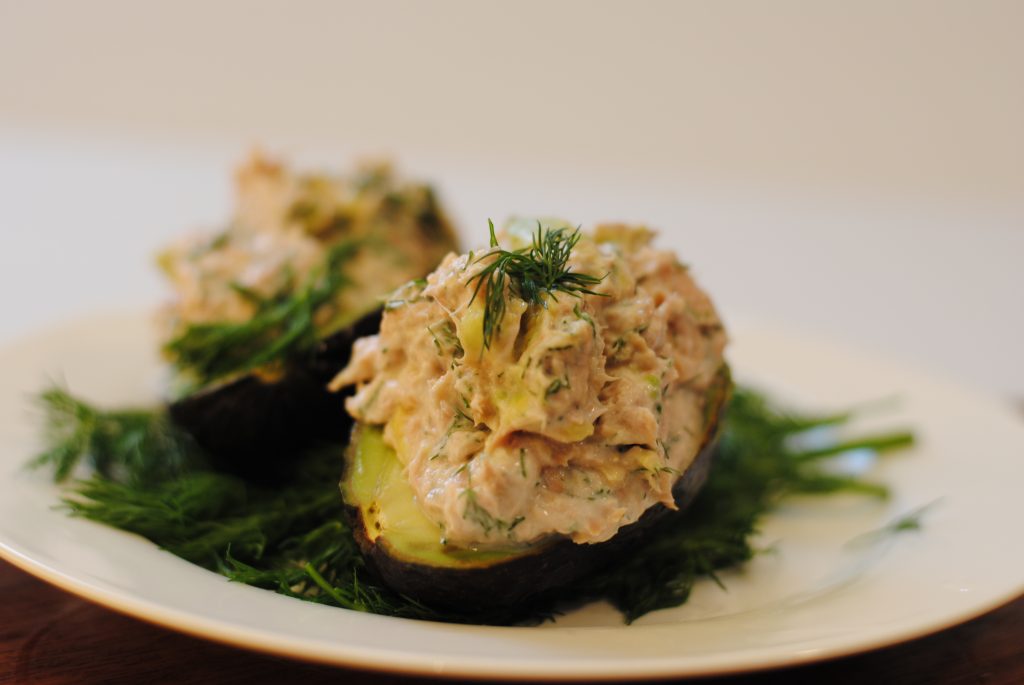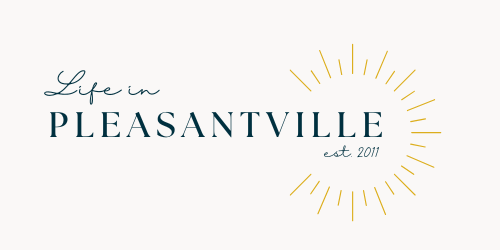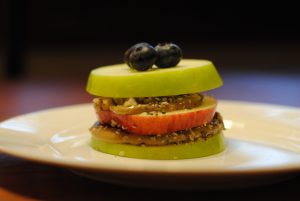The end of the school year is in range and we’re all hoping our kids will finish the year strong. The stakes are higher the older they are, and sometimes we (and they) forget about the quality fuel brains require in order to think and write exams and complete dissertations. These are all subjects at the top of priority lists when kids are toddlers, but they’re no less important when children are of an age to strap themselves into the car or put on their own socks.
There are common elements to consider when planning a brain training diet and a number of foods and combinations of food are a huge benefit when it comes time to study. Students across the country are beginning to cram, their brains are already exhausted, and they need healthy foods for exam time. How do they prepare for “study fitness” with food? And what should they really be eating?
The Brain Training Diet
It is important to remember that the brain needs a host of daily elements day-to-day and long-term, too. Even if the student in question has been pulling all-nighters and subsisting on questionable pizza and microwaved coffee, it’s never too late to give their brains a boost. A good start the day before an exam with healthy brain fuel and then again on exam day is no different from an athlete restoring glycogen fuel to the muscles before a big game.
The Brain Hates:
Anything that breaks down into sugar quickly, like juice (even 100% pure juices), bagels, donuts, even cereals can be a problem. The brain always needs more and more and MORE to keep the brain alert and sudden foggy crashes are likely to happen.
The Brain Wants:
On the day of exams, choose slow burning carbs at breakfast that contain lots of fibre and a significant protein source. As tempting as it is to hook up the coffee I.V., do not overload on caffeine. Stick to the regular amount of coffee, but switch to green tea a few hours before exams. Green tea is a slower burning buzz, which is also more sustainable. Nothing slows critical thinking like a caffeine crash mid-exam!

Breakfast Option: Apple sandwiches with blueberries, chia, and hemp on sun butter.
Apples are a better carb option than bread, blueberries have been shown to enhance cognitive function, chia seeds are high-nutrient, good carbs as well, and hemp is excellent protein that contains the good fat called GLA which is hormone balancing. Peanut butter works, but sun butter is made from sunflower seeds, which are less inflammatory and more hypo allergenic. All-in-all, this is the ideal pre-exam morning meal.

Lunch Option: Avocado halves with salmon, dill, and Greek yogurt.
The brain is mostly fatty tissue and it will use whatever it’s given to rebuild itself. Vitamin E seems to protect the brain’s neurons best when it comes from a food source and not supplement. Avocado is high in vitamin E, fibre, and other good fats. Salmon is high in omega 3, which we know is brain food. Basically, eat this and your IQ will increase. (Not really, but you’ll at least be giving yourself or your student the best advantage.)
Dinner Option: Chicken and Chick Peas over steamed broccoli.
Choose high protein foods that provide sustained energy and add in good carbs from beans, which are a slow burning glucose since they are bound with fibre and protein, to provide a dinner similar to “carb loading,” like an athlete would before a game or a race. Cook the rice with turmeric, which has anti-inflammatory properties—studies have shown that keeping inflammation low keeps many age related illnesses at bay, including cognitive decline. Steamed broccoli is high in Folic Acid, which is believed to reduce homocysteine levels. High homocysteine can trigger cell death so lowering it is key to preserving all cells including brain cells. This meal gets an A+!
Night Time Study Snack: sunflower seeds
The very act of cracking and spitting out the shells slows down consumption of calories, and the chewing action helps reduce stress. Bonus: the protein and vitamin E fuel the brain for the next morning.
Sleep Aid: Look for high magnesium foods like oats and dates.
Talk to your health care practitioner about including magnesium supplements before bed to get better sleep. There are numerous, legitimate studies about magnesium supplementation. Put a brake on eating at least two hours before sleep to prevent acid reflux, which can cause tossing and turning.
During the Exam: Chew gum. Really! Moving the jaw keeps students alert. It’s a trick truck drivers use for long hauls and they know about all-nighters!
It’s a stressful time of year for young people, and by tweaking a few simple things they can minimize the stress and increase their chances for positive outcomes to all the hard work.


 Here Today, Gone To Maui
Here Today, Gone To Maui